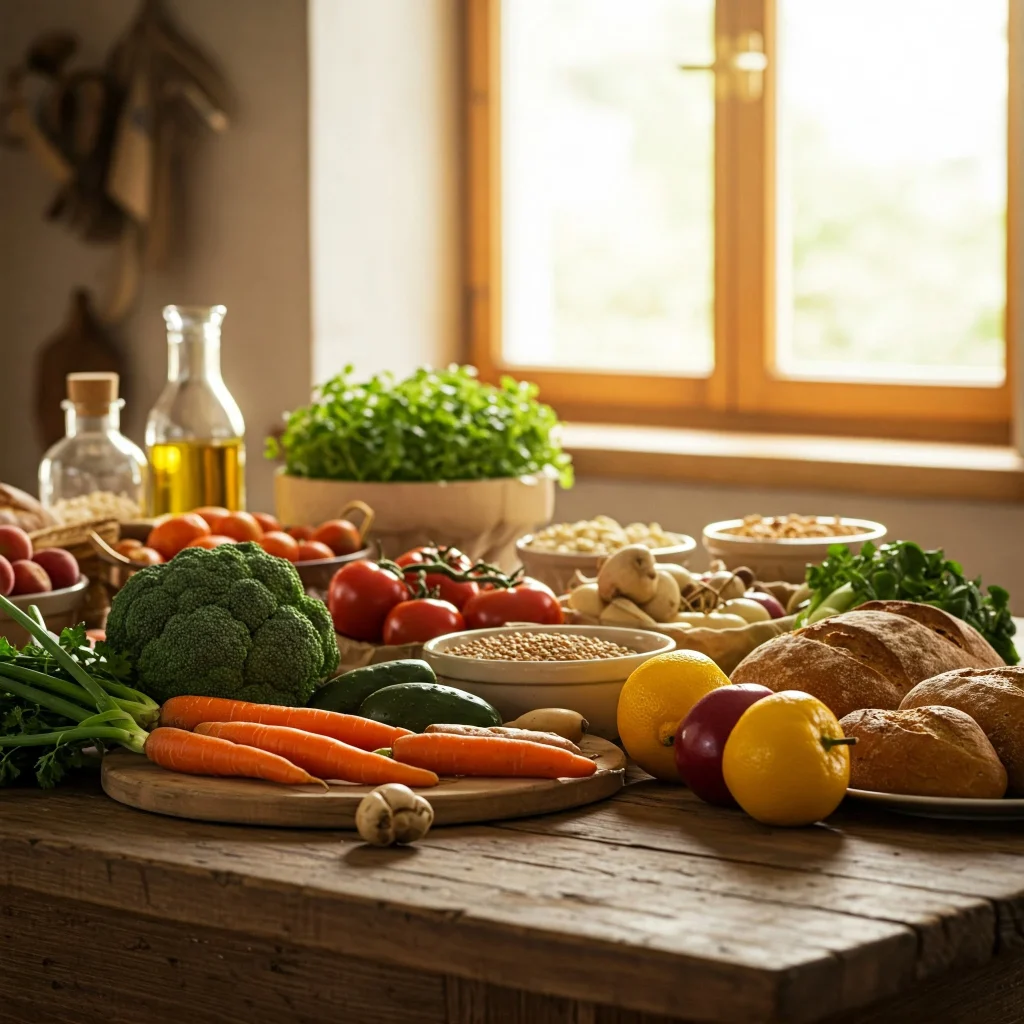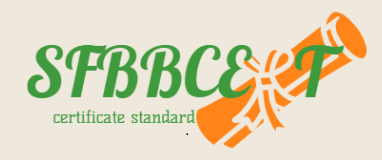
Knowing food hygiene tips is essential not just in restaurants but also at home. In today’s hectic world, managing food safety amidst all the daily responsibilities may seem overwhelming. However, it’s important to know that millions of people are hospitalized each year due to food poisoning. By storing and consuming food properly, not only can you prevent spoilage, but you’ll also enjoy better taste and quality over time. Proper food handling is crucial both for health and for reducing food waste.
Below, we answer some of your most common questions about storing and using food safely, such as:
Is the egg float test reliable for checking freshness?
Can you reheat rice?
If you cut off the rotten part of a fruit, is the rest safe to eat?
Are raw red kidney beans toxic?
Rice
If you want to eat rice cold, let it cool after cooking and store it in the fridge. Cooked rice can be stored in the fridge for up to 24 hours. Reheating rice may lead to food poisoning—not because of reheating itself, but due to improper storage before reheating. Rice can contain spores of the bacterium Bacillus cereus, which can survive cooking. The longer rice is left at room temperature, the higher the risk of bacterial growth or toxin production, which can be dangerous. To reduce these risks, cook and store rice properly.
Can you reheat rice?
Yes, you can reheat rice—but only once. Make sure all parts of the rice are piping hot. If you have leftover rice, place it in the fridge as soon as possible, ideally within one hour. Dividing rice into smaller portions helps it cool more quickly. Don’t leave rice in the rice cooker, steamer, or pot to cool down.
Can you reheat takeaway rice?
Yes, you can reheat takeaway rice, but it should never be reheated more than once. Be cautious and consume it shortly after purchase or delivery. Some restaurants might pre-cook rice and reheat it before serving. Ask how the rice was prepared to ensure it’s safe.
Can rice be frozen?
Yes, rice can be frozen—but let it cool completely first. To cool it faster, divide it into smaller portions or place the container in cold water. Freeze it within one hour of cooking to prevent bacterial growth. Rinse frozen rice before reheating, and ensure it’s thoroughly hot before eating.
Dairy (Milk & Dairy Products)
Expiration Date:
The expiration date means the product should not be consumed after that day. It’s best to consume dairy within its “best before” date when it’s at peak quality. After this date, taste or texture may change.
Smell Test:
If it doesn’t smell bad and shows no signs of spoilage like mold or texture change, it’s likely still safe to eat.
Visual Indicators:
In addition to smell, check for changes in color or texture. If you notice significant visual changes, it’s safer not to consume the product.
Eggs
Is the egg float test useful?
The egg float test only indicates freshness, not safety. As eggs age, more air enters the shell, causing them to float. This test doesn’t reveal the presence of harmful bacteria.
Can you eat eggs past their expiration date?
Yes, if thoroughly cooked (both white and yolk), eggs can be eaten a few days after their expiration date.
Can eggs be eaten raw?
Due to improved safety standards, raw or lightly cooked eggs are generally safe for healthy infants, children, pregnant women, and adults over 65. However, individuals with compromised immune systems or specific medical conditions should avoid raw eggs. Even during bird flu outbreaks, raw eggs are considered safe.
Should eggs be refrigerated?
Yes. Store eggs in a cool, dry place like the fridge. Temperature fluctuations cause condensation, which increases the risk of Salmonella penetration through the shell.
Can eggs be frozen?
Yes. Crack eggs into a sealed container and freeze them. You can also beat them before freezing for cooking use, or separate whites and yolks into individual containers. Label with the date before freezing.
Fruit
Are brown bananas safe to eat?
Yes. Overripe fruits like brown bananas or wrinkled apples are safe as long as there is no mold. They are great for baking or making smoothies.
Can you eat fruit after cutting away the rotten part?
No. Mold contamination often goes deeper than it appears, and fungi can produce invisible toxins harmful to health. Vulnerable groups (children, pregnant women, elderly, immunocompromised individuals) should be especially cautious.
Vegetables
What about sprouted potatoes?
Remove sprouts before use, and cut away any green or damaged parts. Green parts may contain high levels of glycoalkaloids, which can cause digestive issues like cramps, vomiting, and diarrhea. While rare, glycoalkaloid poisoning is serious.
Store potatoes in a cool, dark, dry place to limit toxin development.
Can potatoes be frozen?
Yes, cooked or parboiled potatoes (boiled for 5 minutes) can be frozen. Leftover cooked potatoes can also be frozen. You can bake or fry them directly from frozen, ensuring they are fully heated.
Can potatoes be refrigerated?
Yes. Recent studies show refrigerating potatoes doesn’t significantly increase harmful substances like acrylamide. Storing them in a cool, dark place or the fridge is acceptable.
How long do vegetables stay safe to eat?
Vegetables may become wrinkled or soft over time, but if they show no mold or spoilage, they’re generally safe. Always inspect them before use. Shelf life depends on type and storage conditions.
Are raw red kidney beans toxic?
Yes. Raw or undercooked red kidney beans contain a natural toxin called lectin. Canned beans are safe as the canning process eliminates toxins. Never cook raw red beans in a slow cooker—it doesn’t remove toxins and may increase their potency.
Meat
Can meat be reheated in the microwave?
Yes, but only once. Ensure all parts are fully heated. Cut into smaller pieces to help even heating. Stir during microwaving to avoid cold spots and follow package instructions.
Can meat be reheated more than once?
No. Cooked and frozen meat should only be reheated once before consumption.
Canned and Packaged Foods
Is it safe to use a dented can?
If the dent is minor, it might be safe. But if the can is deeply dented, cracked, rusted, or has leaks, do not consume the contents.
What’s the shelf life of canned foods?
This depends on the type, storage conditions, and brand. Check the label for details.
Can canned foods be eaten cold?
It depends on the product. Always follow the manufacturer’s instructions.
Can opened cans be stored in the refrigerator?
No. Once opened, transfer the contents to a separate container. Exposure to air allows tin from the can to leach into the food, which is harmful. Cans with resealable lids are exceptions, as they’re designed to prevent chemical reactions with food.

No comment